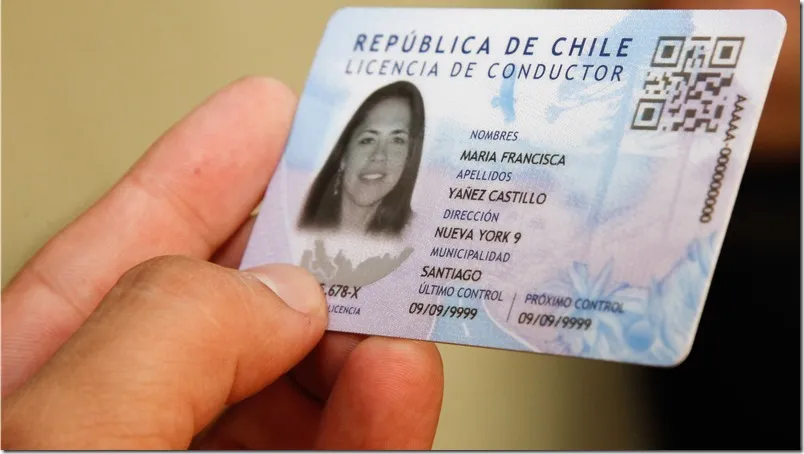Millions of chronic patients in the country, mainly diabetic and hypertensive, will be able to obtain a professional driver license, after the Ministry of Transport and Telecommunications agreed to modify Decree 170 of the year 1985.
On Tuesday, March 27, all transit departments in the country were informed the regulatory update that leaves outside the list of exclusive pathologies to obtain professional license, in addition to type II diabetes and arterial hypertension, to chronic renal failure type III, to heart failure stages I and II, and pacemaker users.
The year 2016, the doctor resident in the Los Ríos region, Miguel Angel Carrasco, together with Deputy Pepe Auth, presented a proposal to the Minister of Transportation of the time, Hernán Gómez, ending this arbitrary discrimination.
“It was inadmissible that patients in good medical control were left without their work sources.With the advancement of pharmacology and public health development, type II diabetes and arterial hypertension are no longer disabling, ”explained Dr. Carrasco.
According to the 2016-2017 National Health Survey, in Chile it is estimated that 12.3 % of the population is diabetic (about 2,200,000 people) and 27.6 % have high blood pressure (around 4,940,000).
Thus, after the modification published in the Official Gazette on March 2, 2018, the list of diseases or medical conditions that would make any citizen obtain the class A license, are the ventricular arrhythmias, the patients carrying an implemented cardiac defibrillator, theType 1 diabetes, Alzheimer's or other dementia of any severity, multiple sclerosis, Parkinson's disease and progressive muscle dystrophy.
The list also includes the permanent dysfunctions of the musculoskeletal system whose gravity prevents safe conduction, amputations or congenital absence of a limb that permanently limit thick grip or safe execution of driving maneuvers, ankylosis or painful mobility thatThey limit the range of trunk, head or limbs, the brain-channel trauma (TEC) that have left sequelae and diplopia with or without correction.
There is still a delivery, by the Ministry, the instructions that allow the doctors of the country's psychotechnical cabinets to be able to examine the applicants to the driving licenses.In this regard, Miguel Angel Carrasco reported that “these instructions should be made by professionals of the Ministries of Health and Transportation, and be socialized shortly.Ideally, applicants to professional licenses prove to be in good medical control. ”
"This is very good news, mainly for taxis, buses and truck drivers, who feared for decades to lose their work sources due to regulations that was outdated," concluded Dr. Carrasco.


